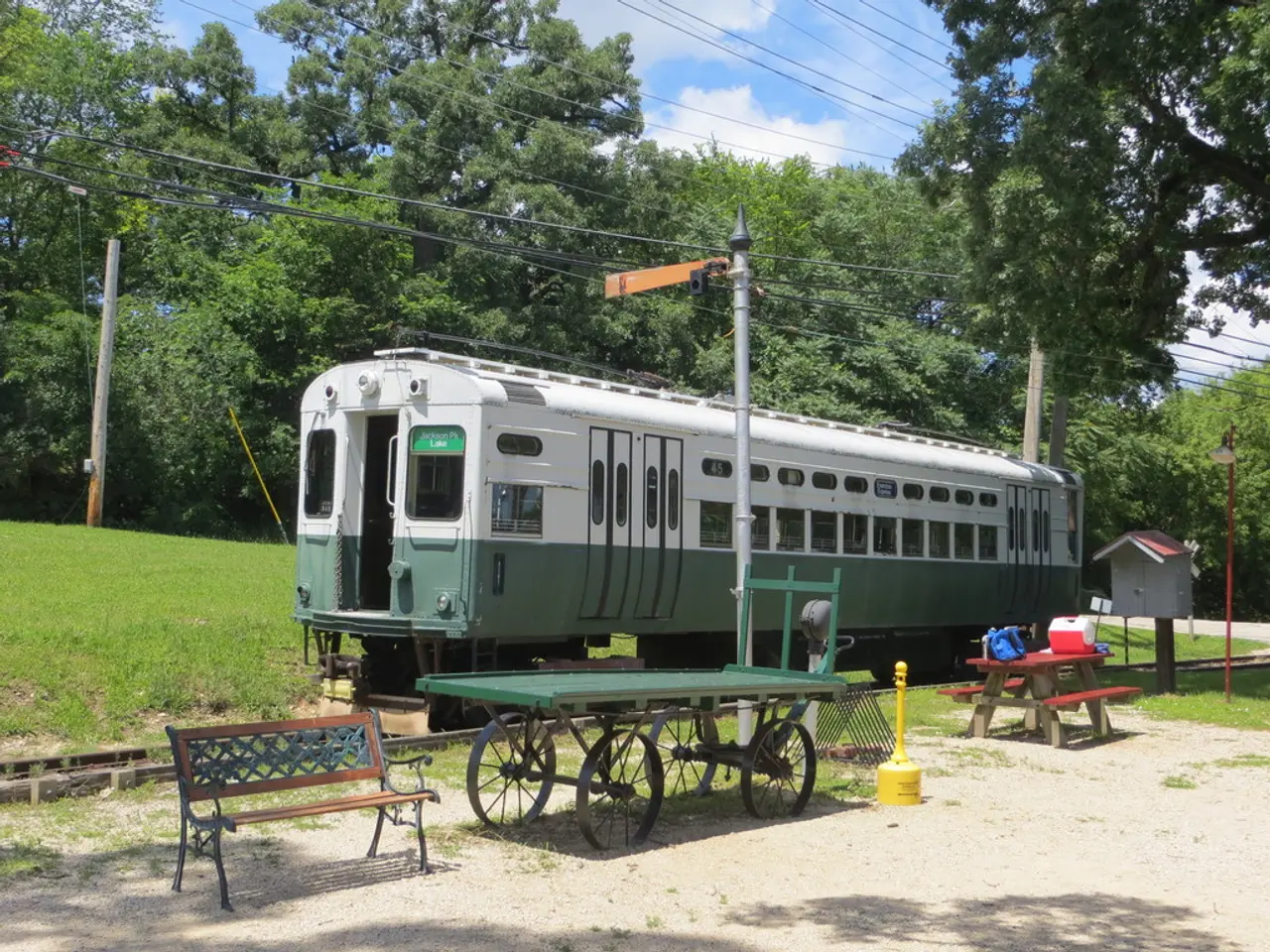Math assignment for the fifth grade leaves scores of Belarusians stunned
A TikTok user from Minsk has sparked a lively debate with a math problem that asks about the cost-effectiveness of traveling from Minsk to Moscow by train or car. The problem, which has already received over 400 comments and 68,600 views, has left some users scratching their heads, while others have jumped at the chance to share their insights and experiences.
The problem does not provide information about gasoline or train ticket prices, leading to confusion among some commentators. One user asked if they have to find the missing data themselves, while others expressed their confusion about how to find the correct answer. Some admitted they didn't know how to approach the problem, and some even questioned whether the problem was intended for kids or parents.
However, the problem has also sparked a discussion about the real-life application of such a problem. One user pointed out that understanding the cost of travel is an important life skill, and another suggested that the problem is teaching kids to use search engines to find the information they need.
The estimated cost for traveling by train is approximately 3070 BYN, while the estimated cost for traveling by car is approximately 380 BYN. The car consumes an average of 8 liters of AI-95 gasoline per 100 km, making the cost of fuel an important factor to consider.
One user calculated that traveling by car is almost 8 times cheaper than by train for a family of four. This has led to a debate among commentators about which transportation is more cost-effective, with some pointing out that the cost of train tickets can vary depending on the time of booking and the class of service.
The problem has also sparked discussions about currency conversion accuracy, with some users questioning the accuracy of the estimated costs provided in the problem. Some users have shared their personal travel experiences or preferences related to the route, with some arguing that the comfort and convenience of traveling by train outweigh the cost, while others argue that driving a car offers more flexibility and control.
In the end, the TikTok math problem has proven to be a popular and engaging way to spark discussion and debate about an important real-life issue. Whether you're a parent, a student, or just someone interested in math, the problem has something for everyone. So why not give it a try and see what you think? Who knows, you might just learn something new!
Read also:
- Setting Up and Expanding Operations at a Soil Blending Facility
- Surveying the Scene: Legality, Drones, and American Anti-Terror Strategy
- Regional University's healthcare system strengthened through collaborative partnership with Chancellor Dr Fiona Hill
- Reminisced University Trustee David M. Flaum as a 'fervent advocate' for the University and community




